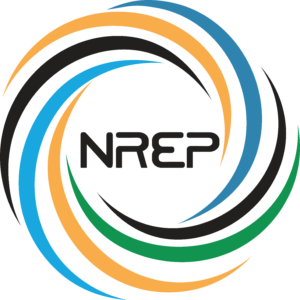Program subject to revision. Final schedule will be shared closer to the event.
Be Part of ...
Renewable Energy Conference 2025 and EXPO
Sponsors




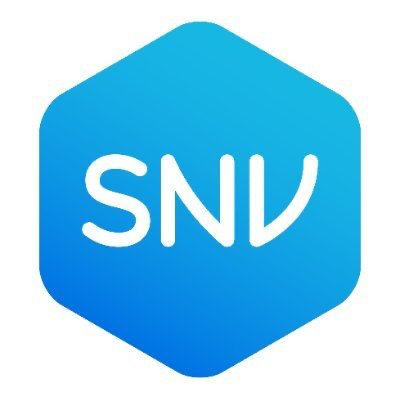



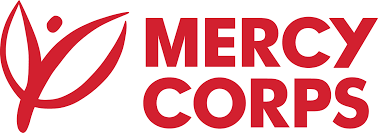
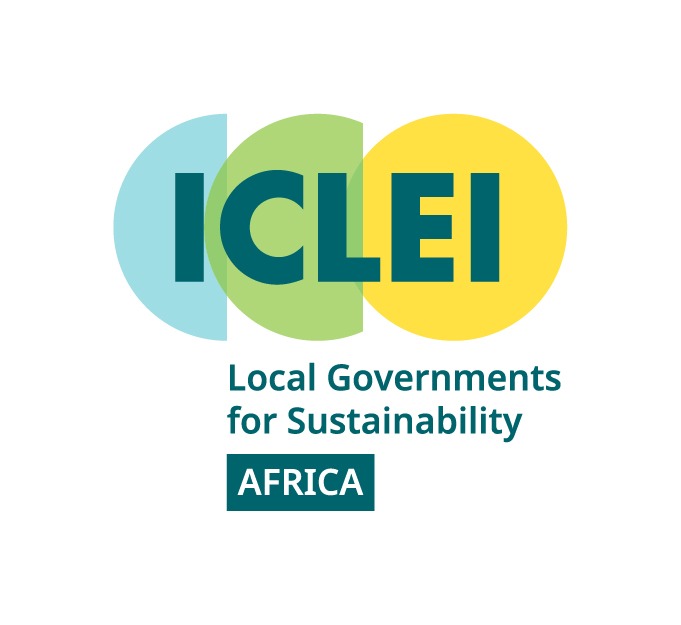


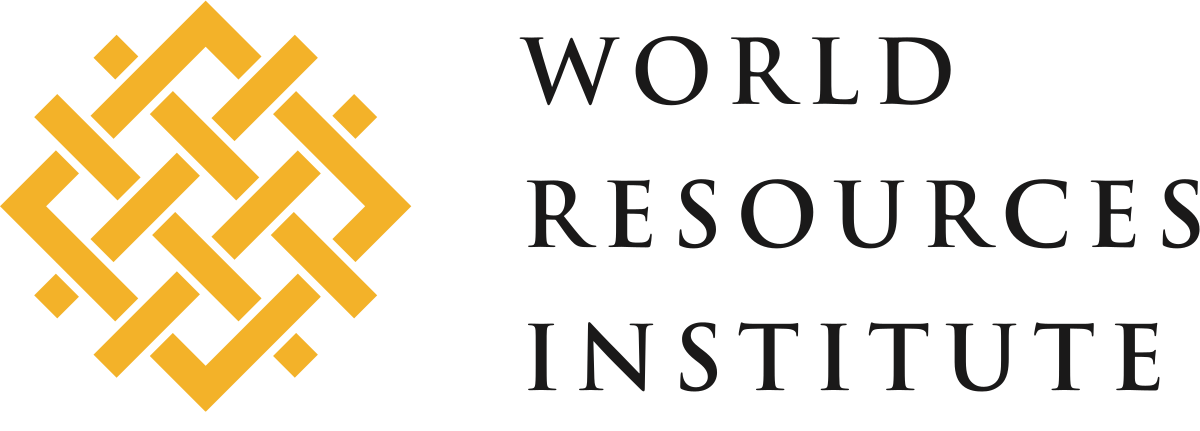



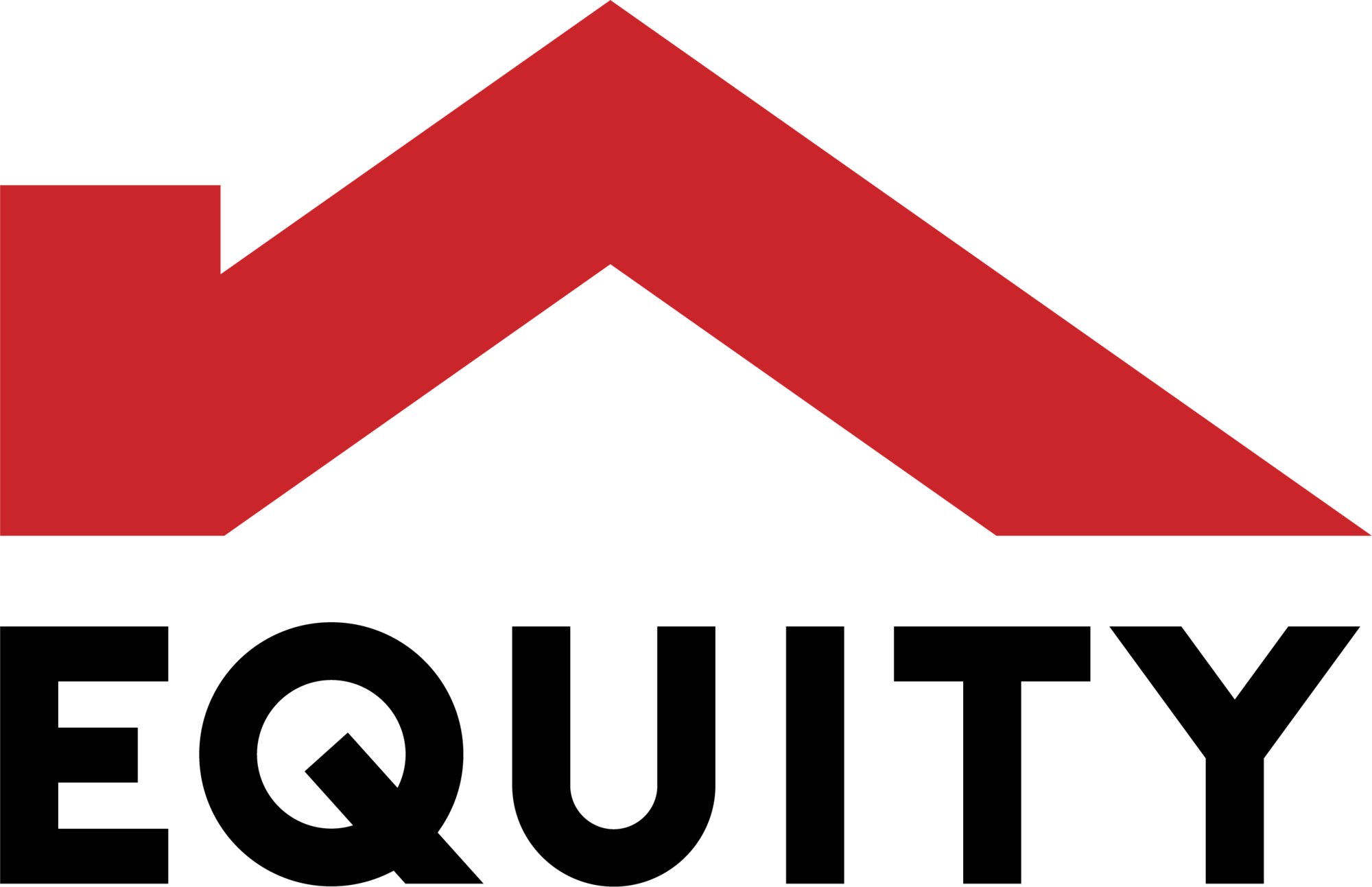
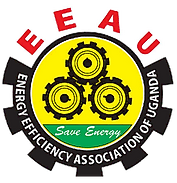
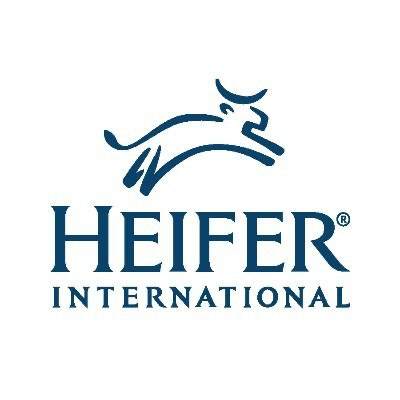



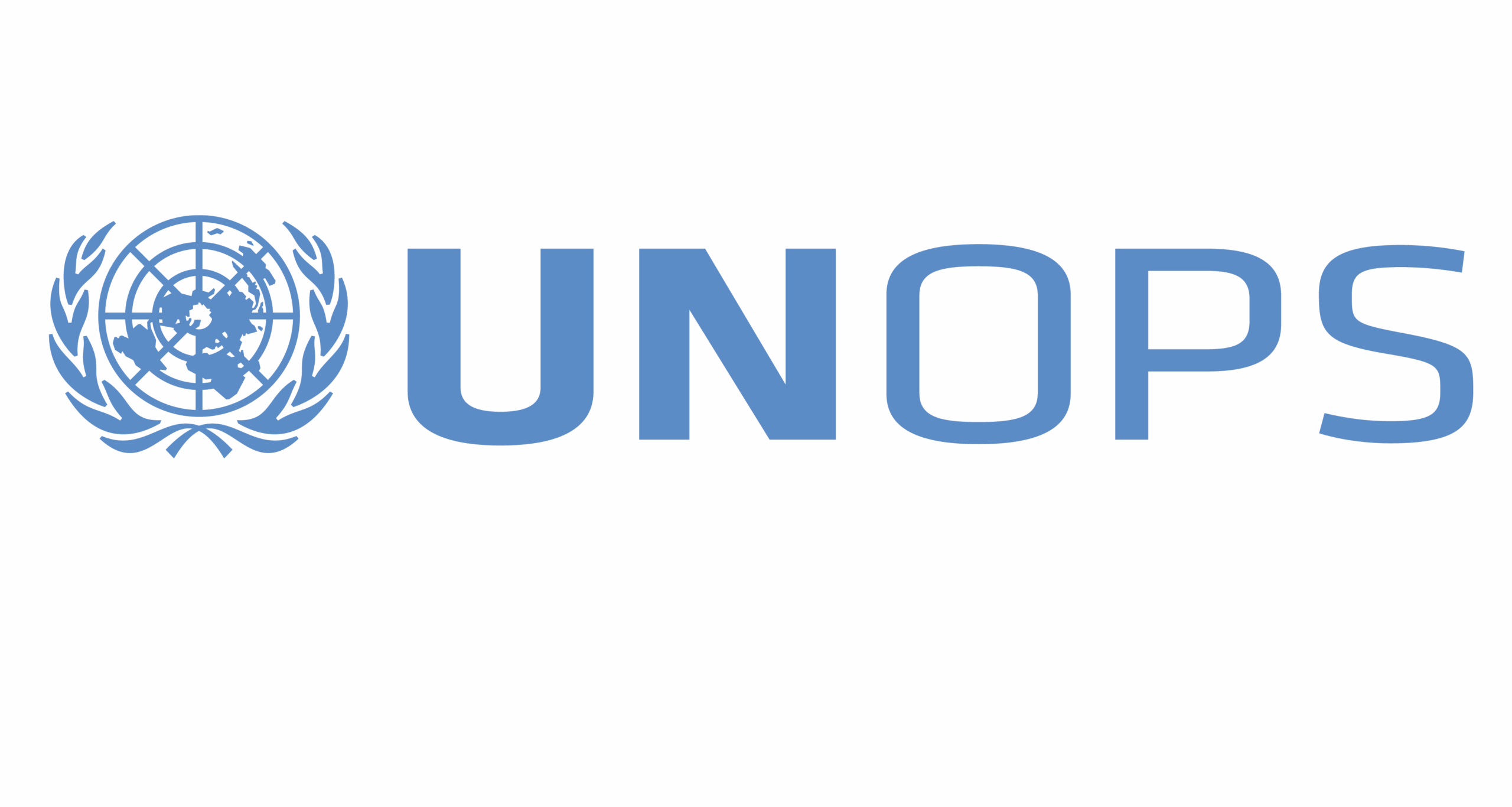




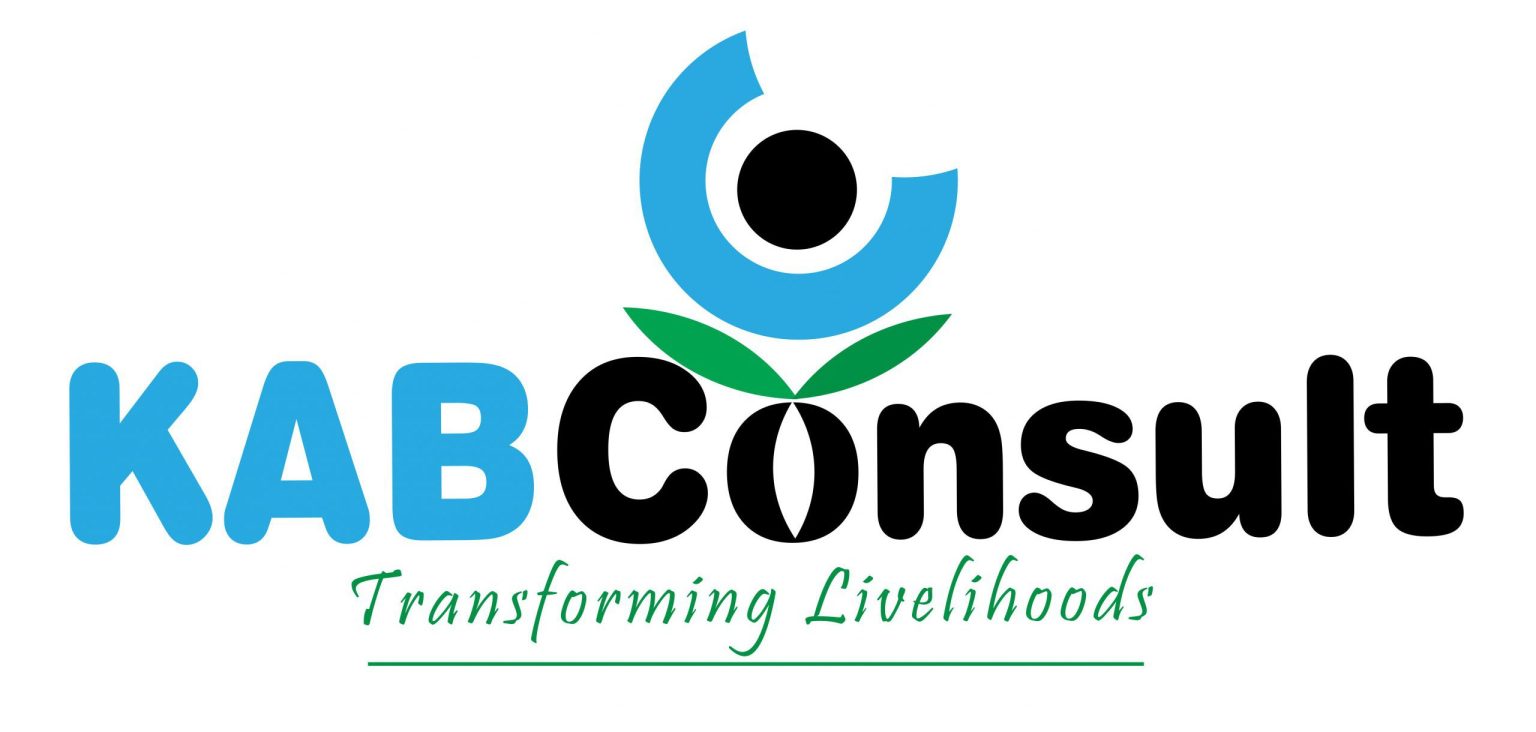
Useful Links
Subscribe Now
Don’t miss our future updates! Get Subscribed Today!
Office Address: Amber House, 2nd Floor Block A, Room A203, Plot 29/33, Kampala Road Kampala, Uganda | Working Hours: Mon - Friday 8:00 - 17:00 | Postal Address 163345, Kampala, Uganda
©2024. NREP - Uganda. All Rights Reserved.
Objective:
The objective is to identify effective and efficient mechanisms for development of the renewable energy sector through technical skills expertise transfer and discourse in Uganda in general, and among the communities of practice in particular.
Output:
RE Technical skills Capacity, and Communities of Practice in place Strengthened.
Training, Research and Functional national think tanks on RE development and productive use of energy developed.
Objective:
The major objective is to strengthen renewable energy technological developments, deployment and transfer in Uganda. This will be through enhanced innovation and development of renewable energy technologies, piloting and transfer of more effective innovations in the renewable energy arena. The thematic group will promote latest technology, developing market linkages and commercialization
Output:
Renewable Energy Technology and Innovation development, transfer and deployment, development of market linkages strengthened in Uganda.
Increased adoption and deployment of renewable energy technologies among communities of practice, private sector, and across all consumer entities. Increased Market development and commercialization of contemporary technologies.




